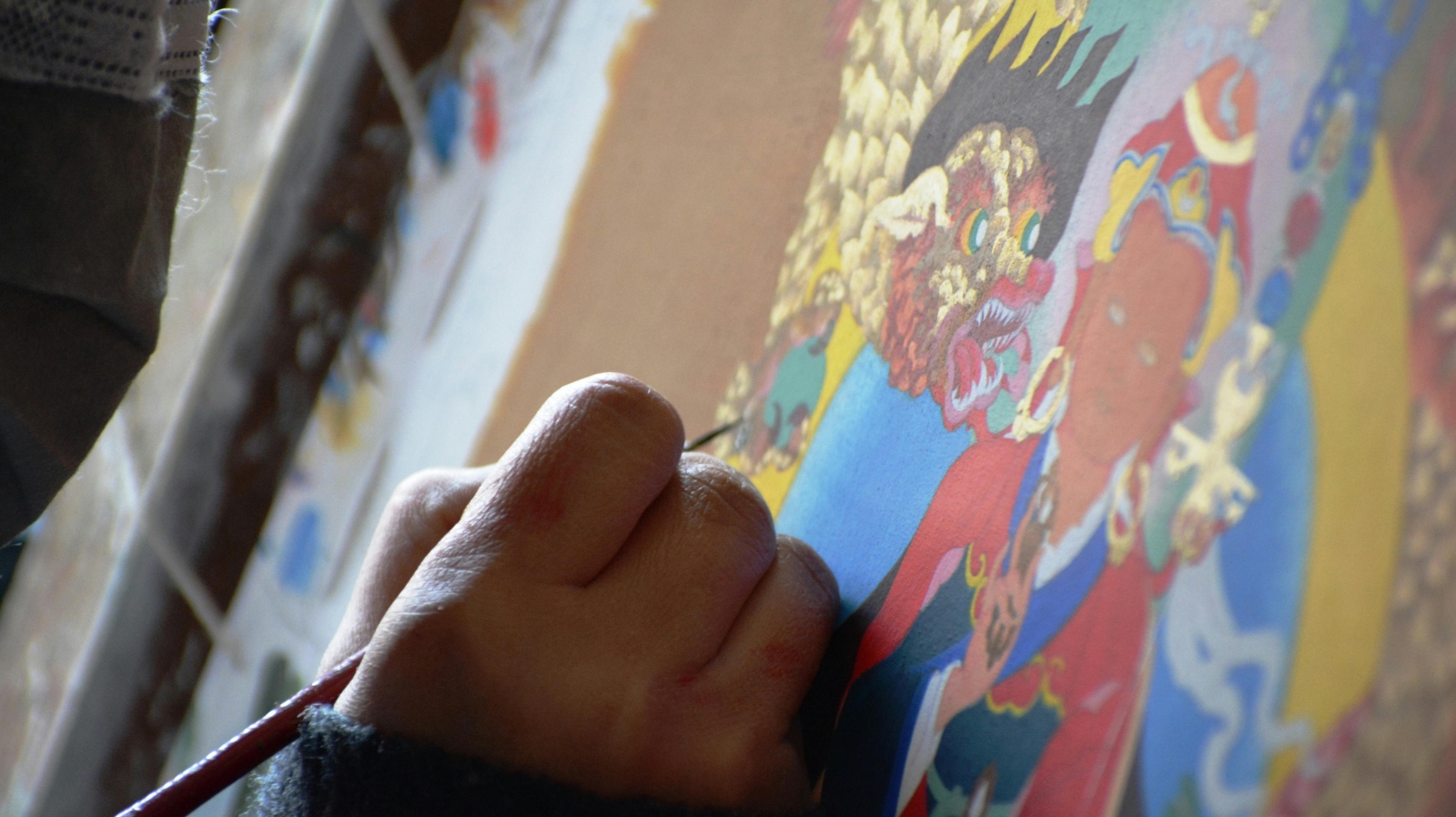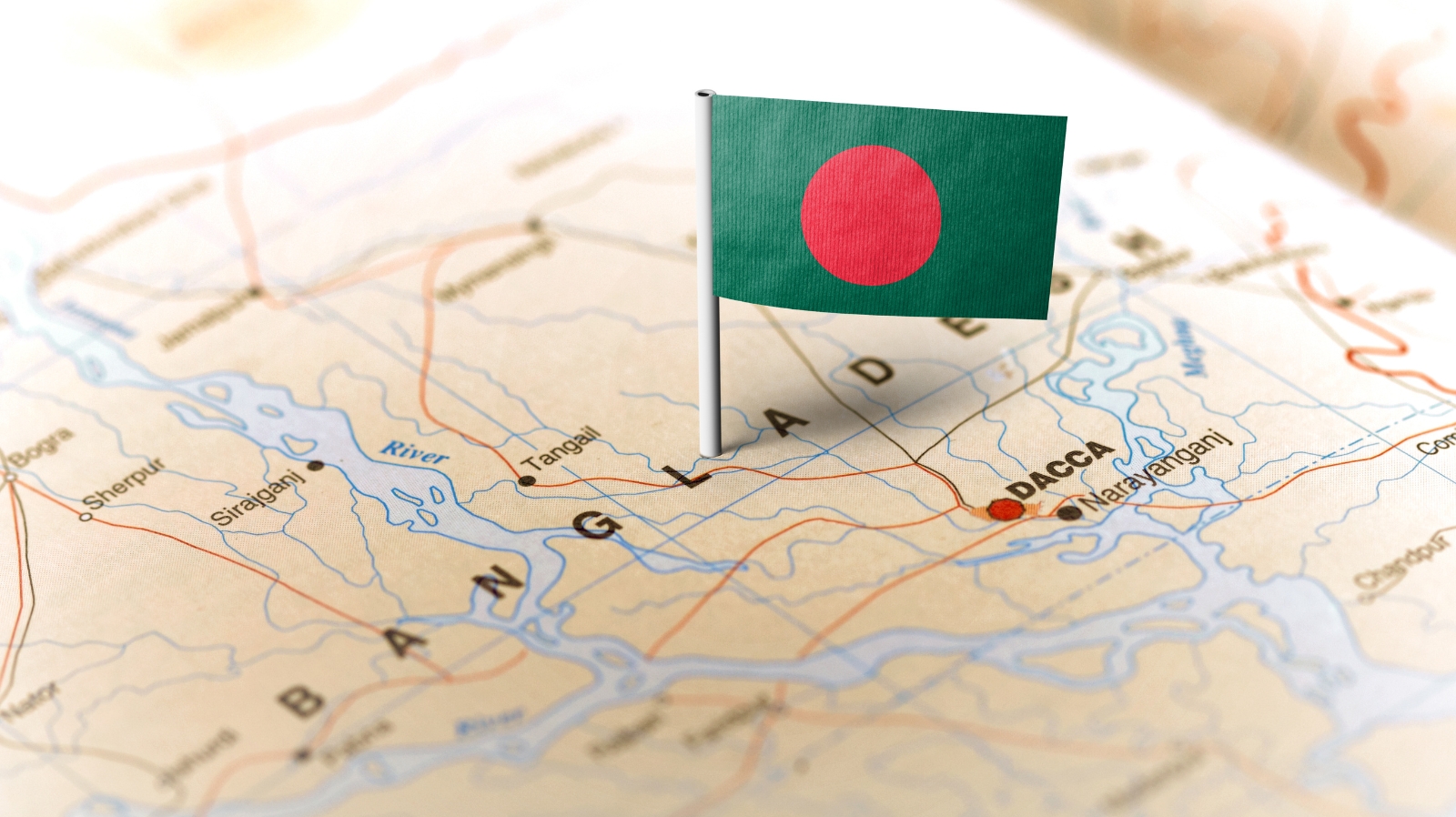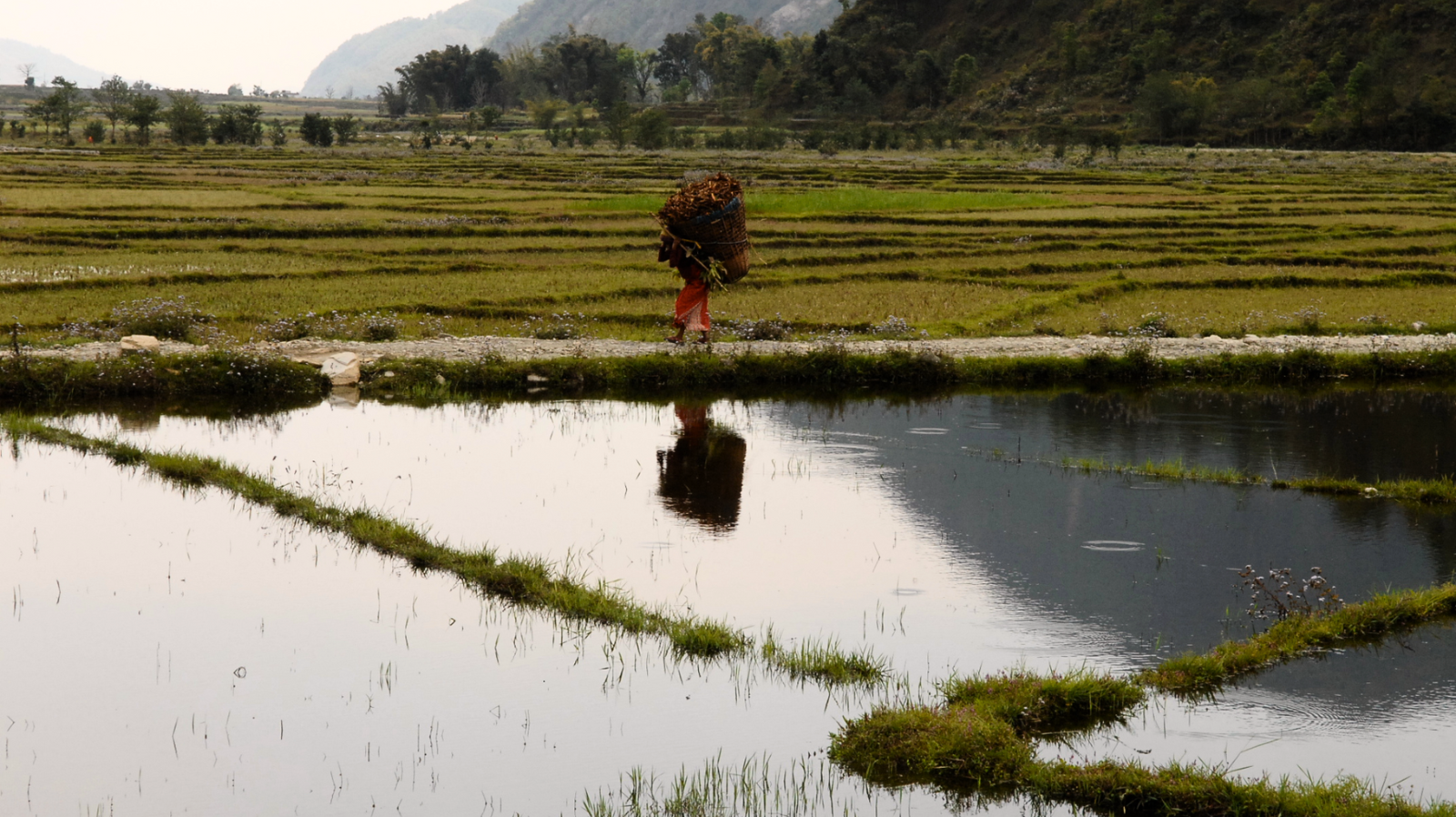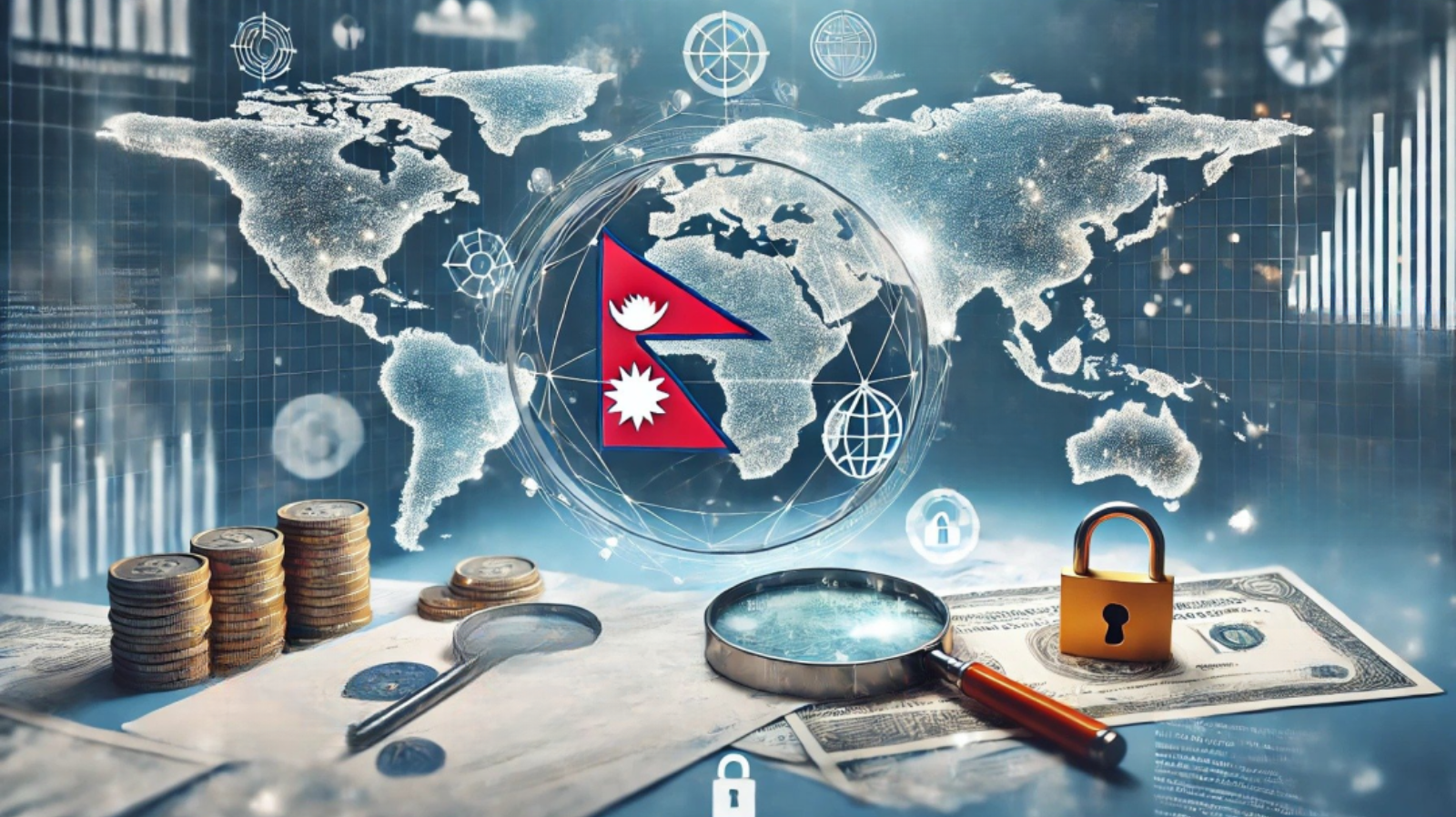Thangka, a sacred art form rooted in Nepal, blends spirituality and craftsmanship, offering cultural richness and economic potential despite facing modern challenges.


Thangka, a sacred art form rooted in Nepal, blends spirituality and craftsmanship, offering cultural richness and economic potential despite facing modern challenges.

Bangladesh and Nepal are set for LDC graduation in November 2026, both must navigate bilateral trade agreements to limit revenue loss and remain competitive in the international market

Back then, tourism had taken a severe hit, with trekking trails in this region becoming virtually inaccessible. Now, as we travel through the same areas with their stunning landscapes and newly constructed roads, I cannot help but reflect on how we can unlock the potential of this region.

When inequality is high, those in power can, and do, shift environmental harm onto the vulnerable. It even incentivizes further exploitation.

As powerful tools quietly record and extract our information, the question arises: who truly owns this data, and how secure is it from international entities?

There are no substitutes to financial reforms that will help Nepal adhere to the global practices and standards, rather than finding solace in lax rules in the name of nationalism.